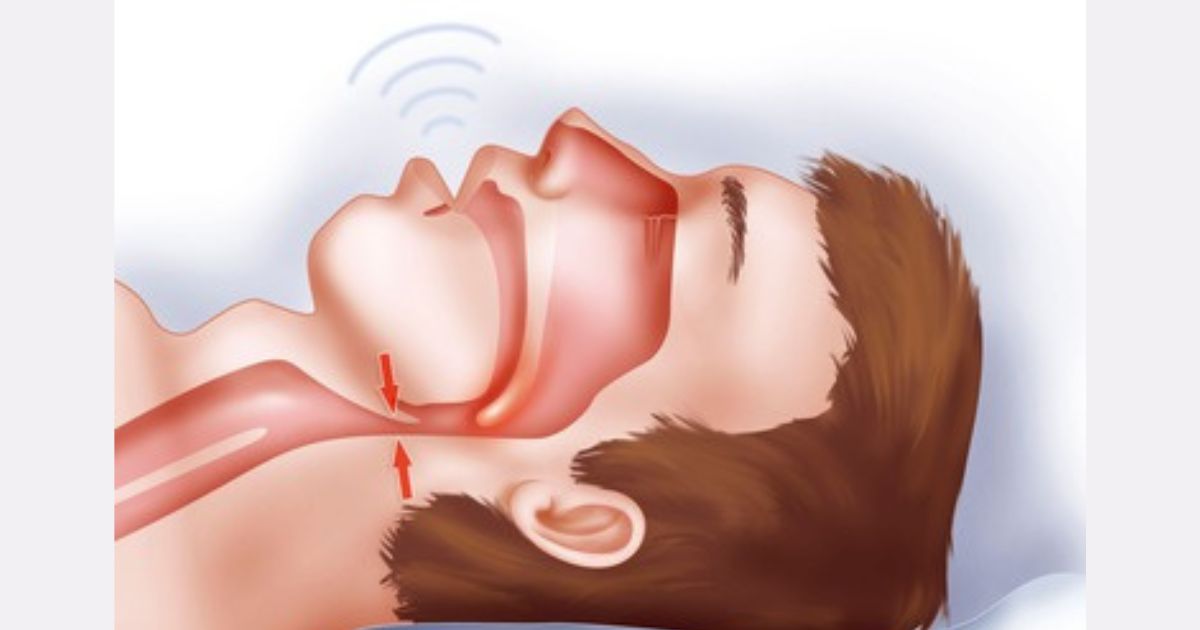In a groundbreaking study, researchers at the Karolinska Institutet in Sweden have uncovered a bidirectional association between autoimmune diseases and perinatal depression, shedding light on the complex interplay between a woman’s immune system and mental health during and after childbirth.
Published in the “Molecular Psychiatry” journal, the study explores the heightened risk of depression among women with autoimmune diseases and the increased susceptibility to autoimmune conditions in those with a history of perinatal depression.
Autoimmune Diseases and Perinatal Depression: An Intricate Connection
The research, led by Emma Bränn, a researcher at Karolinska Institutet’s Institute of Environmental Medicine, delves into the intricate relationship between autoimmune diseases and perinatal depression.
The study suggests that women with autoimmune diseases may be more prone to experiencing depression during pregnancy and after childbirth. Conversely, women with a history of perinatal depression face an elevated risk of developing autoimmune diseases, where the immune system erroneously attacks healthy tissues.
Strength of Association and Key Findings
The association was found to be particularly robust for multiple sclerosis, a neurological autoimmune disease, and was most pronounced among women without prior psychiatric diagnoses.
While the study did not establish a causal link, it identified a significant correlation, emphasizing the need for further research to unravel the underlying immunological mechanisms driving perinatal depression.
Observational Study and Research Methodology
As an observational study, the research utilized data from the Swedish Medical Birth Register, spanning births from 2001 to 2013. Over eight lakh women and 13 lakh pregnancies were included, with more than 55,000 cases of diagnosed depression during pregnancy or within a year after delivery.
The findings underscore the complexity of mental health and immune system interactions during the delicate perinatal period.
Bidirectional Association and Quantified Risk
The term “bidirectional association” refers to the mutual influence observed between perinatal depression and autoimmune diseases. The study quantified the risk at 30 percent in both directions, signifying a substantial interconnection.
The researchers highlighted that the bidirectional association was most prominent among women without pre-existing psychiatric comorbidities and reached its zenith for multiple sclerosis, where the risk was found to be twofold in both directions.
Impact on Maternal and Child Health
The implications of depression during pregnancy and the first year following childbirth are profound, affecting both the mother and the baby.
Emma Bränn emphasized the seriousness of depression during this sensitive period and expressed hope that the research findings would influence decision-makers to allocate more funding toward maternal healthcare.
By prioritizing maternal mental health, decision-makers can ensure that timely support and intervention are provided to women facing perinatal depression.
Future Research and Long-Term Effects
The research team plans to continue their investigation into the long-term effects of depression during pregnancy and the postpartum period. Understanding the enduring consequences of perinatal depression is crucial for developing comprehensive strategies to support women’s mental health beyond the immediate postpartum period.
A Call for Maternal Healthcare Investment
In conclusion, the study underscores the intricate link between autoimmune diseases and perinatal depression, urging healthcare providers, policymakers, and society to recognize the significance of mental health support during and after childbirth.
By prioritizing maternal healthcare and mental well-being, decision-makers can contribute to the creation of a more comprehensive and resilient healthcare system that addresses the holistic needs of women during this critical life stage.








Leave a Reply
You must be logged in to post a comment.